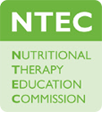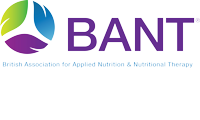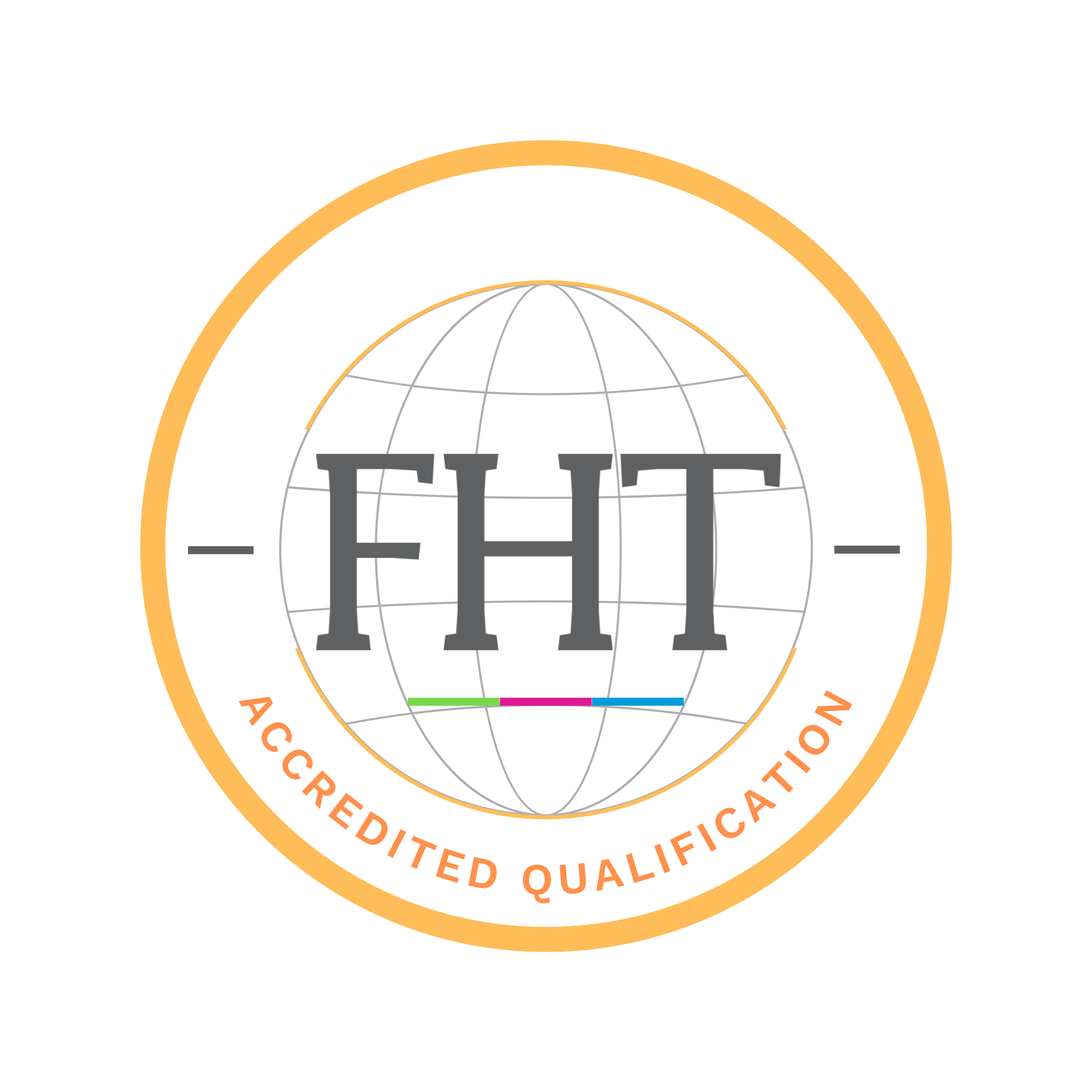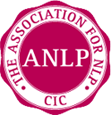Entry Requirements:
Chemistry ‘A’ level (or equivalent) or completion of Chemistry (Level 3) Bioscience Entry Module
Aims:
Understanding how nutrients work at a cellular level is fundamental for safe and effective Personalised Nutrition. This module aims to establish understanding of the function of cell organelles with particular reference to protein synthesis, transcription and translation. Additionally, this module aims to develop the student’s ability to relate structural and chemical features of macromolecules with their function in living systems and in particular the importance of vitamins and minerals as cofactors, in enzyme function of major metabolic pathways
Syllabus:
- Introduction to module and the scientific method
- Review of chemistry, principles of biochemistry and how it underpins nutritional therapy
- Important factors in biochemistry: isomers and stereochemistry; bonding in biological systems; biochemistry – structures and process; eukaryotic and prokaryotic cell structure
- Transport of nutrients: passive, facilitated and active transport, cotransport; Na+/K+pump
- Metabolism and energy production: anabolism; catabolism and energy use; glycolysis; Krebs cycle; vitamins and minerals in metabolic systems; vitamins; history and definition; specific roles of vitamins; antioxidants and their role in metabolism
- Proteins; ionic properties of amino acids; structure of amino acids; peptide bonds; functions of proteins; enzymes; theories of enzyme activity; symptoms of amino acid depletion
- Carbohydrates; structure and stereochemistry; glycosidic bonds; monosaccharides; disaccharides; polysaccharides; functions of saccharides
- Lipids; fatty acid and lipid structure; saturated and unsaturated fats; cis and trans fats; membrane lipids; biological importance of lipids; nucleic acids
- DNA and RNA; nucleic acid structure; chromosomes and genes; transcription; translation; protein synthesis; modification of these processes in biological systems
- Minerals; physiological concepts: calcium metabolism and blood clotting
- Biochemistry of starvation; metabolic changes; fasting; diabetes
Learning Outcomes:
On completion of the module, the successful student will be able to:
- Describe one of the nutrient groups of macromolecules including structure chemical features, labelled diagrams and linking structure and features identified to function within living systems.
- Demonstrate understanding of the enzymes involved in the conversion of macromolecules into the production of energy and the cofactors, on which they depend
- Demonstrate understanding of the involvement of nutrients and food constituents in major metabolic pathways
- Explain the processes of transport of nutrients across membrane barriers and the intra and extra-cellular regulation of electrolytes
- Explain calcium metabolism and blood clotting
- Demonstrate understanding of the protein synthesis
- Write in an appropriate and effective scientific style, citing references accurately in the text and providing a reference list.

















